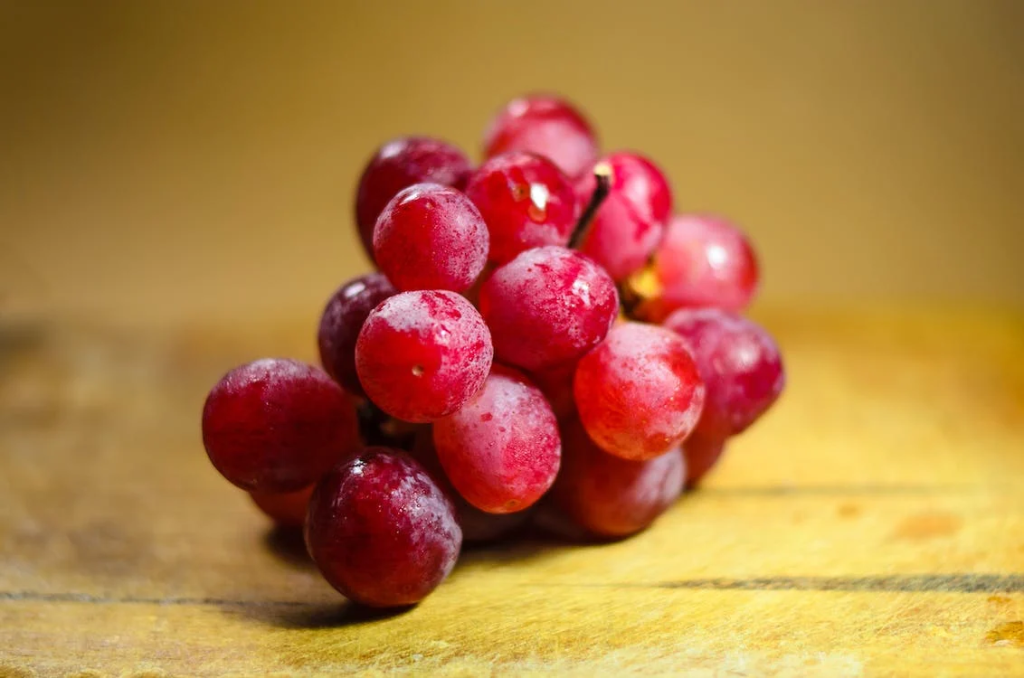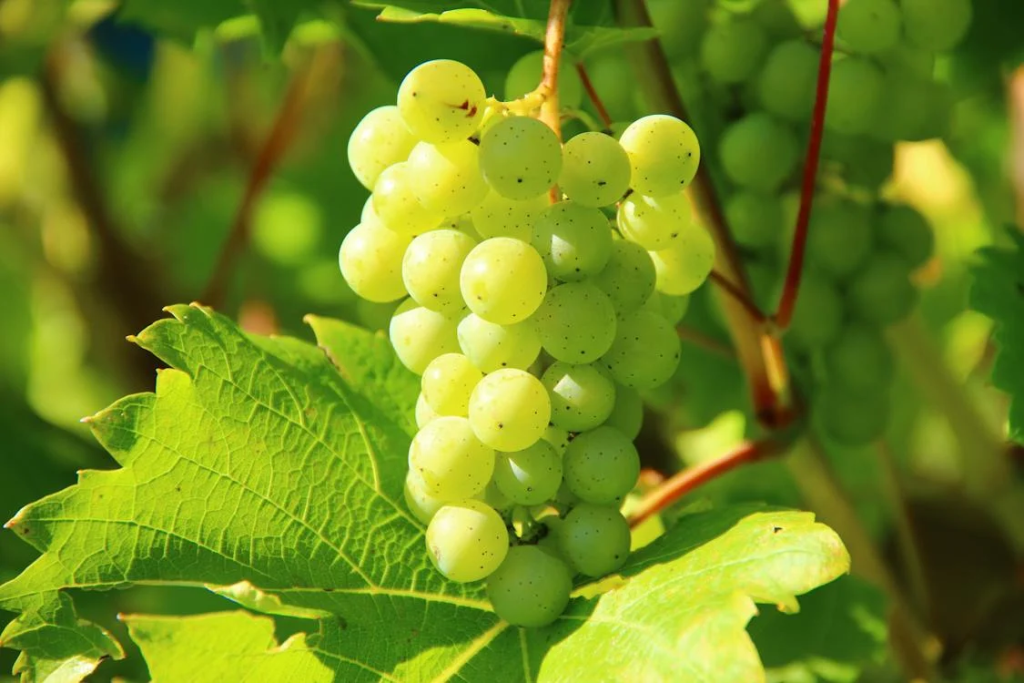Grapes are a tasty, healthy snack for humans. But for dogs, grapes and raisins can be extremely toxic. Even small amounts may cause irreversible kidney damage and potentially be fatal if untreated. Understanding why grapes are dangerous and being able to recognize toxicity signs can help owners avoid tragedy should accidental ingestion occur.
Are Grapes Safe for Dogs?
No, grapes and raisins should never be fed to dogs, even in small quantities. All forms are unsafe, including whole grapes, raisins, currants, grape juice and baked goods with grape products. Toxicity can occur with as little as a single grape or raisin. The exact cause of grape and raisin toxicity is unknown, but dangers include:
- Sudden kidney failure or insufficiency
- Lack of urine production leading to emergency toxicity
- Intestinal upset including vomiting and diarrhea
- Unexplained lethargy, sluggishness or weakness
Due to the risk of toxicity and fatality, grapes should always be kept far away from dogs. Avoid accidental ingestion.

Amount of Grapes Causing Toxicity
The volume of grapes or raisins needed to create toxicity is exceptionally small:
- As little as one raisin or grape may potentially cause issues.
- Toxic doses vary from 3.5 ounces per 10 pounds of body weight.
- Effects are dependent on size of dog and number of grapes consumed.
- The more grapes ingested, the higher the risk for severe, potentially fatal reactions.
- Small dogs are at much higher risk compared to large dogs.
It only takes a tiny amount to endanger a dog, so stringent precautions are crucial. Never feed grapes or raisins.
Speed of Toxic Reaction
Grape and raisin toxicity can strike with staggering speed. Effects may appear rapidly:
- Vomiting often occurs within the first 2 hours post-ingestion.
- Sudden kidney failure may arise in as few as 12 hours.
- Complete loss of urine production could occur in just 24 hours.
- Without swift treatment, death can ensue in under 3 days.
Prompt veterinary treatment is critical with any suspected grape or raisin ingestion. Don’t wait for symptoms.

Signs of Grape or Raisin Toxicity
Indicators of grape or raisin poisoning include:
- Repeated vomiting
- Lack of appetite or interest in food
- Increased drinking and urination followed by lack of urination
- Disorientation, confusion, hyperactivity or lethargy
- Diarrhea which may contain dark grape matter
- Bad breath smell
Contact your vet or emergency clinic immediately if grape or raisin ingestion is known or suspected. Toxicity progresses rapidly.
What to Do If Your Dog Eats Grapes
If your dog eats any grapes or raisins:
- Induce vomiting if ingestion was very recent, only under vet guidance.
- Note any packaging of ingested commercial products.
- Rush to a vet clinic without delay for evaluation and prompt treatment.
- Closely monitor urine output as kidney function may deteriorate quickly.
Do not wait for symptoms to appear. Treatment in the earliest stages offers the best chance for recovery without permanent damage. Time is of the essence.
Prevention of Grape or Raisin Toxicity
Strict avoidance is key since even tiny amounts can be disastrous. Prevention tips include:
- Keep grapes or raisins locked away where dogs cannot access, even accidentally.
- Thoroughly clean any fallen raisins which are very easy to miss.
- Supervise any time dogs are present where grapes or raisins are being consumed by humans.
- Train dogs to “leave” human foods and treats dropped on the floor.
- Avoid grapes or raisins in yard compost piles accessible to foraging dogs.
With vigilance, this common toxicity can be avoided. Prevention is far better than reacting too late. Spread the word to others about grape dangers.

Conclusion
All types of grapes, raisins and related products, even in the smallest amount, can be fatally toxic for dogs. Their impact on the kidneys can be disastrously swift and irreparable. Keep grapes totally away from dogs through strict avoidance and supervision during human consumption. Prompt emergency veterinary care offers the only hope following ingestion. Stop tragedies before they happen by never feeding dogs grapes or raisins, even once!
Frequently Asked Questions About Dogs and Grapes
Why are grapes and raisins toxic for dogs but not humans?
The toxic compounds within grapes affecting canine kidneys are harmless for most humans. Dogs have different metabolic processes.
What if my dog only ate one grape?
Still seek prompt veterinary advice, as even one grape may potentially cause toxicity. Induce vomiting if very recently ingested.
How does a toxic dose compare to a serving size for humans?
Only 3.5 ounces per 10 pounds of dog may be toxic. A toxic amount for a 10 pound dog equates to just 35 grapes – far less than a typical human serving.
Can dogs eat commercial grape jelly?
No, grape products like juice and jelly also pose a toxicity risk and should be kept away from dogs.
Are wine grapes safe since they are different than table grapes?
No, all grape types including wine grapes are unsafe for dogs and may potentially cause toxicity if consumed.


